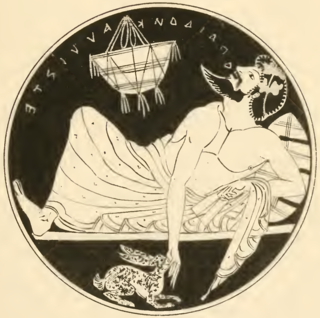A Quote by Mahatma Gandhi
I am but a poor struggling soul yearning to be wholly good, wholly truthful and wholly non-violent in thought, word and deed, but ever failing to reach the ideal which I know to be true. It is a painful climb, but each step upwards makes me feel stronger and fit for the next.
Related Quotes
Infallible denotes the quality of never deceiving or misleading and so means wholly trustworthy and reliable; inerrant means wholly true. Scripture is termed infallible and inerrant to express the conviction that all its teaching is the utterance of God who cannot lie, whose word, once spoken, abides for ever, and that therefore it may be trusted implicitly.
The word Gothic, in the sense in which it is generally employed, is wholly unsuitable, but wholly consecrated. Hence we accept it and we adopt it, like all the rest of the world, to characterize the architecture of the second half of the Middle Ages, where the ogive is the principle which succeeds the architecture of the first period, of which the semi-circle is the father.
The word ‘slavery’ and ‘right’ are contradictory, they cancel each other out. Whether as between one man and another, or between one man and a whole people, it would always be absurd to say: "I hereby make a covenant with you which is wholly at your expense and wholly to my advantage; I will respect it so long as I please and you shall respect it as long as I wish.
Everything that is thought and expressed in words is one-sided, only half the truth; it all lacks totality, completeness, unity. When the Illustrious Buddha taught about the world, he had to divide it into Samsara and Nirvana, illusion and truth, into suffering and salvation. One cannot do otherwise, there is no other method for those who teach. But the world itself, being in and around us, is never one-sided. Never is a man or a deed wholly Samsara or wholly Nirvana; never is a man wholly a saint or a sinner. This only seems so because we suffer the illusion that time is something real.
It is very difficult to be wholly joyous or wholly sad on this earth. The comic, when it is human, soon takes upon itself a face of pain; and some of our griefs (some only, not all, for it is the capacity for suffering which makes man August in the eyes of men) have their source in weaknesses which must be recognized with smiling com passion as the common inheritance of us all.









































